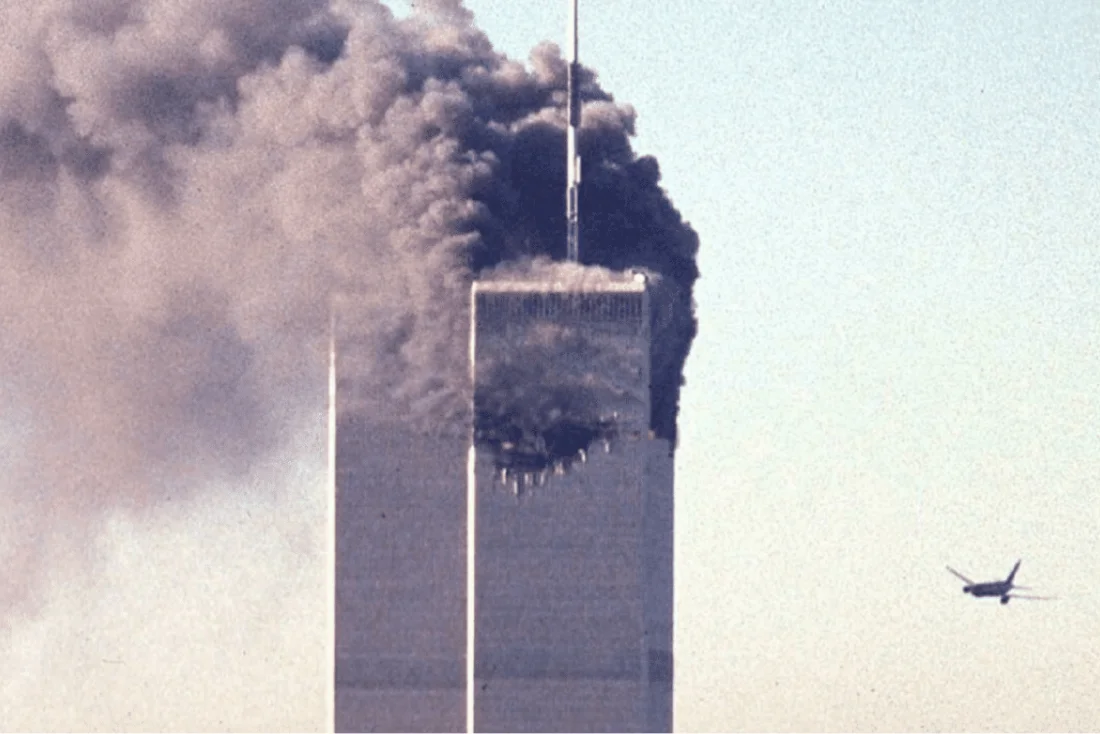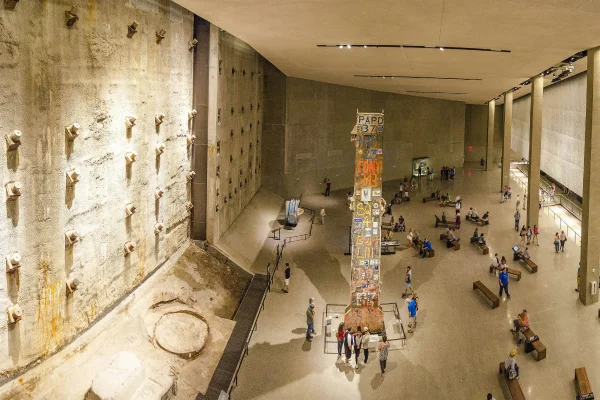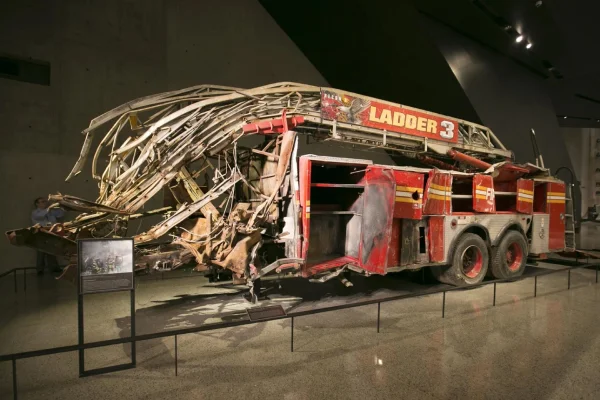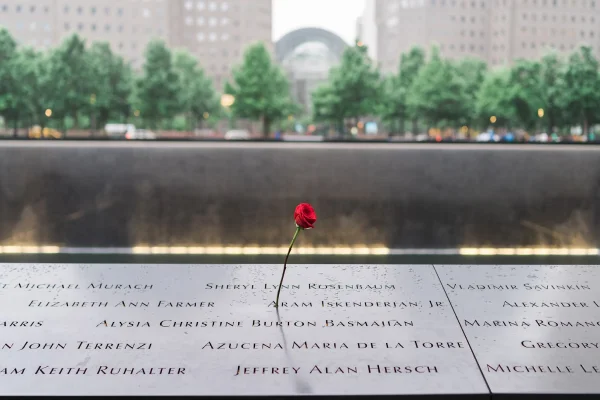The September 11, 2001, attacks, commonly referred to as 9/11, were a series of coordinated terrorist attacks carried out by the extremist group al-Qaeda. These attacks are among the most significant and devastating events in modern history. On that day, four commercial airliners were hijacked by 19 terrorists. The plan was meticulously orchestrated to maximize destruction and terror. The hijackers took control of the planes and used them as weapons, targeting iconic American landmarks.
Two of the planes were flown into the Twin Towers of the World Trade Center in New York City, causing both towers to collapse within hours. A third plane was crashed into the Pentagon in Arlington, Virginia, the headquarters of the United States Department of Defense. The fourth plane, United Airlines Flight 93, was headed for a target in Washington, D.C., but crashed into a field in Pennsylvania after passengers attempted to overcome the hijackers. The bravery of those passengers likely prevented further destruction and loss of life.
The September 11 attacks were the result of a complex and sophisticated plot by al-Qaeda, led by Osama bin Laden. The group sought to inflict maximum damage and provoke a significant response from the United States. The attacks were meticulously planned and executed, involving extensive training and preparation by the hijackers. In response to 9/11, the U.S. government launched the War on Terror, leading to military actions in Afghanistan and Iraq and significant changes in domestic and international security policies.
The attacks resulted in nearly 3,000 deaths and significant economic and infrastructural damage. The immediate aftermath of 9/11 saw a profound impact on national security policies and global politics. The events led to widespread grief, a massive rescue and recovery operation, and a reassessment of security measures worldwide.
The aftermath of the attacks saw the establishment of the Department of Homeland Security and the implementation of the USA PATRIOT Act, aimed at enhancing national security and counter-terrorism efforts. Additionally, the attacks prompted a global reassessment of counter-terrorism strategies and led to increased international cooperation in combating terrorism.

The attacks occurred on September 11, 2001. This date has since become a somber anniversary, remembered annually through ceremonies and memorials. The year 2001 marked a turning point in modern history, with 9/11 shaping the geopolitical landscape and domestic policies in the years that followed.
The timeline of 9/11 captures the rapid and catastrophic nature of the attacks, highlighting the sequence of events that unfolded on that fateful day. The events of September 11, 2001, remain etched in history as a day of immense tragedy, heroism, and transformation.

9/11 MUSEUM TICKETS
The National September 11 Memorial & Museum is a poignant tribute to the lives lost in the September 11, 2001 attacks. Situated at the World… see more

9/11 MUSEUM INFORMATION
Discover the impactful exhibitions at the National September 11 Memorial & Museum. From personal stories to historical artifacts, these… see more

9/11 MEMORIAL INFORMATION
The Twin Towers Memorial at the National September 11 Memorial & Museum stands as a solemn tribute to the lives lost in the… see more
